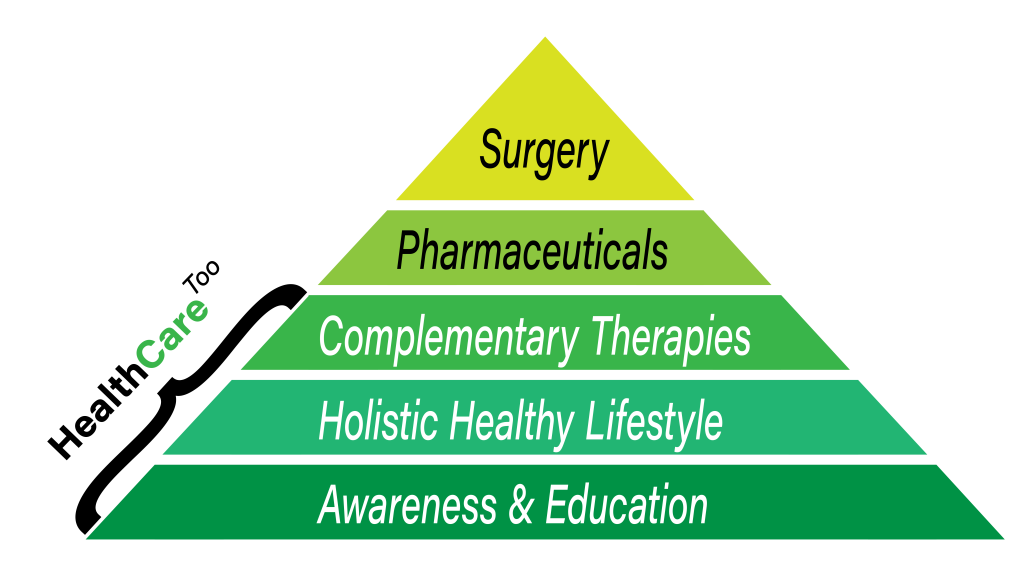Mental Health Access Parity
Everyone agrees mental health access parity with physical health access is necessary. Mental health is a serious issue throughout the US and other countries. There seems to be little doubt that mental health problems get less attention and resources, according the the National Alliance of Healthcare Purchaser Coalitions. We can only hope that the path toward parity for these mental health concerns do not follow the same path as too many conventional sick care organizations… treatment over prevention.
The answer to the growing mental health problem is not more access to large treatment centers, more pharmaceuticals, surgical procedures, etc. The answer, as with many other chronic illnesses, is more focus on non-clinical determinants of health to prevent and correct instead of more access to treatment. We will reign in the financial, productivity, personal, and social costs of mental illness when we unite to address the root problems.
When compared to access opportunities for physical health treatment, mental health access leaves something to be desired, according to a recent report from the National Alliance of Healthcare Purchaser Coalitions. Healthcare payers and purchasers alike must do more to demand mental health access parity for patients.
Adequate treatment of certain conditions such as depression, anxiety, and other common mental health conditions can have a significant impact on the employee experience, the study suggested. Employers whose workers receive adequate mental healthcare tend to see higher productivity from those workers, making care access a key financial and quality-of-life benefit.
But it’s incumbent upon healthcare payers to ensure patients have enough access to mental healthcare, especially as it compares to physical health. The law currently mandates that healthcare payers offer equal access to mental healthcare and physical healthcare.
But that is not the case, the National Alliance stated.
“Conditions like depression, anxiety and substance use disorders are prevalent among the US workforce and employers must ensure affordable and improved access to quality support for employees and their families,” Thompson added. “Parity is the law – and improved performance is good business.”
Facebook
Google+
Twitter
LinkedIn
Our Model
The HealthCare Too model provides for a collaborative holistic care approach to health. We look for articles and knowledge to help consumers and their care teams make holistic health decisions and also shop for the best deals in holistic health so you can find them here! We appreciate the value of surgery and pharmaceuticals but want to make more paths available for your HealthCare Too.

Shop HealthCare Too for your Holistic Health needs.



